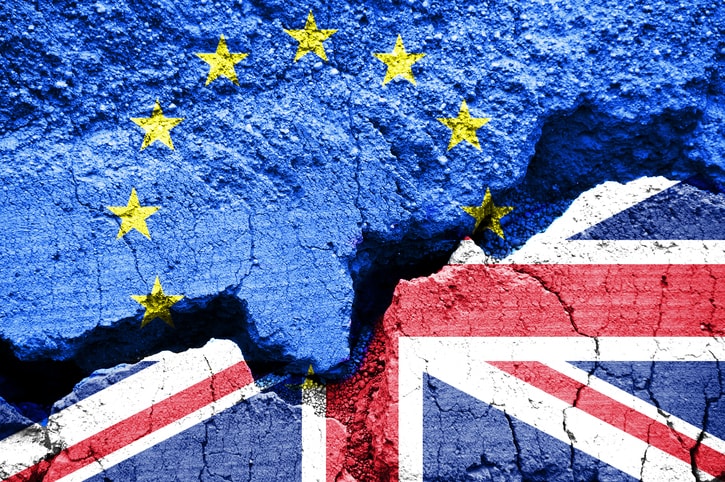By Luke Walden
Brexit is one of the most historic and talked about things to happen in Britain this century. It’s an epic political and economic shift, of the scale that a lot of people will never have seen in their lifetimes. Whether it’s good or bad remains to be seen, but it’s certainly change, and that can be scary and threatening to many industries and businesses.
From the changing value of the pound, to the new border and immigration restrictions, there are a lot of factors to how Brexit is going to affect industry, international trade and corporate fx for the UK. There are too many to logically and reasonably account for but here are a few of the key ones to bear in mind when it comes to your industry or business.
Obviously the initial fallout of Brexit was the sudden and catastrophic drop in value of the pound. It hit record lows not seen in the last twenty years, which has meant there’s been a terrible exchange rate for the past year, but it has been steadily on the rise again. The weaker pound has signalled a short boom time for exporters of any kind based in the UK, as well as overseas businesses and individuals looking to invest in UK properties.
Those are short-sighted benefits though, and the weaker pound does have a host of repercussions, causing losses across the board for a variety of industries. With many individuals moving funds to different currencies prior to the referendum, it was pretty clear this was a predictable result. The pound has steadily risen and recovered over the last year, but it’s nowhere near where it was yet, but it’ll get there eventually at this rate.
Plenty of construction and other manual industries are propped up in this country by skilled labour coming from overseas to work here. These workers are for the most part cheaper than their British equivalents and this has allowed businesses to flourish on their backs. With new border restrictions being discussed and contemplated, that could see an end to this kind of thing. Possibly to make room and jobs for British workers, which could cost the businesses involved significantly more, but potentially be beneficial in the long run.
Another element of the border restriction discussions is the idea of an Australia/New Zealand style points system, allowing the country to admit and encourage more in demand, skilled and qualified trades, which could boost various industries and trade. Brexit continues to represent something of a mixed bag of options and results for industries and businesses.
The defining point of how the UK deals with Brexit is always going to be the negotiations and deals made. The example of countries like Norway surviving outside of the EU within Europe has been raised time and time again, but you’ve got to remember they can neatly fall back on their natural resources which we don’t have here in the UK.
The most alarming fact in this situation is the fact that the EU is Britain’s primary trading partner, and if we mess up on these negotiations, businesses and industries around the country are going to feel it, and multi-national corporations are likely going to move their plants and operations elsewhere. We need to make sure we get the best deals possible, and don’t have to suffer through an economic backlash of the Brexit referendum
Brexit does represent a challenge for businesses and industries in the UK, and while big businesses and multinational corporations aren’t likely to take much of a hit, small businesses might end up a little shaken. The thing with small business owners and entrepreneurs is that they tend to be pretty tenacious, so it’ll take one hell of a hard Brexit to shake them too badly.
Brexit could cause problems, but for most industries, chances are it’s not going to be noticeable, let alone fatal. That’s ignoring the other possible outcome. Brexit could be great for British business, it could cause a boom and set us back on the world stage in terms of industry and trade. Depending entirely on the quality and outcome of negotiations, Brexit could do some good things for UK business. But we’ll have to wait and see.
Luke Walden has over 20 years of experience in the financial sector. Before joining Godi Luke worked in both buy and sell-side positions for large institutions as well as boutique brokerages.







